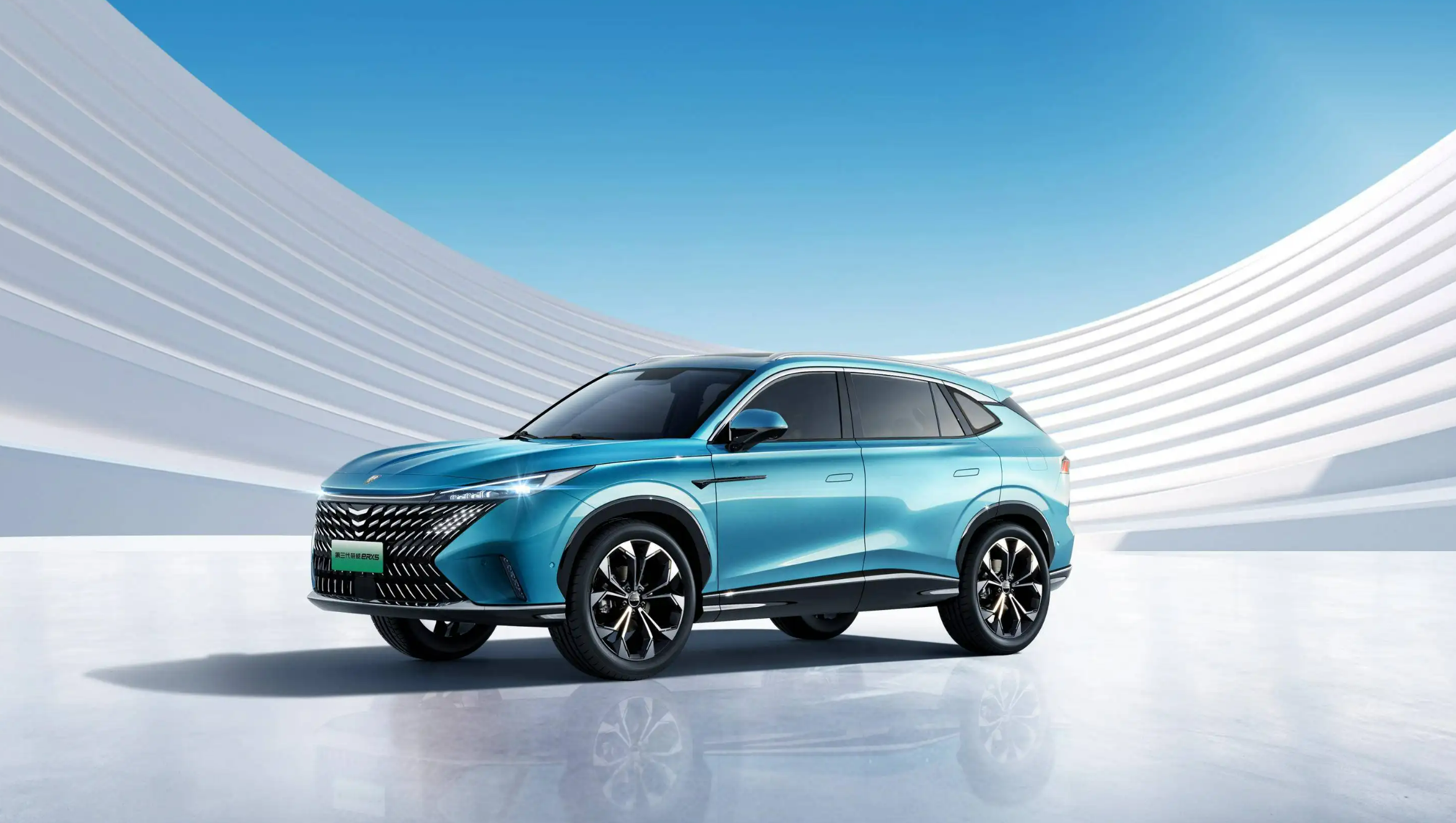Article: Lu Weijia
Policy empowerment, automakers need to accelerate the development of pure electric vehicles again.
Unconsciously, the 20-month “plug-in hybrid vehicles are no longer exempt from license plate fees” buffer period in Shanghai has come to an end.
According to the “Measures to Encourage the Purchase and Use of New Energy Vehicles in Shanghai” notification, from January 1, 2023, Shanghai will no longer allocate quotas for new energy vehicle license plates for plug-in hybrid vehicles (including extended-range hybrid vehicles).

At the same time, if a new energy vehicle registered with a special license plate quota is scrapped, or if it goes through procedures such as transfer and change registration, cancellation, or theft in other jurisdictions, the special license plate quota will be automatically invalidated. Consumers should reapply for special license plate quotas according to relevant requirements if they replace their new energy vehicles.

In other words, after more than two months, both unregistered and circulating plug-in hybrid models on the second-hand car market will no longer be able to use special license plates for new energy vehicles.
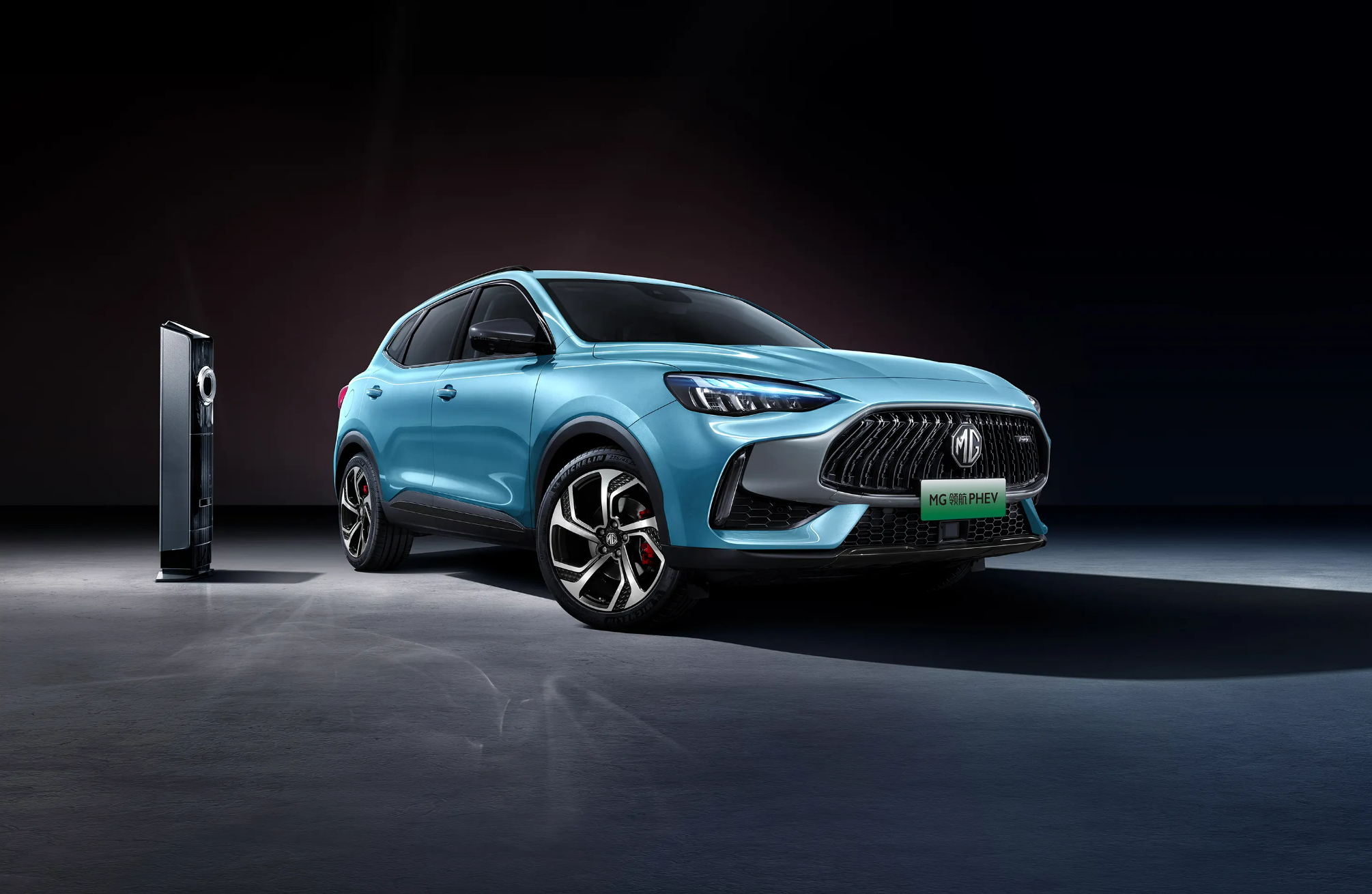
Of course, this does not mean that Shanghai wants to eliminate plug-in hybrid models without range anxiety, but only that the threshold for plug-in hybrid models to get license plates will be higher compared to 100% environmentally friendly pure electric vehicles.
As for how plug-in hybrid models will be licensed in the future, there are rumors that plug-in hybrid models will participate in bidding auctions, just like petrol vehicles, but the bidding amount will be much lower than that of petrol indicators, and even phased relaxation is possible.

In addition, in order to control the inflow of new energy vehicles from outside Shanghai, the “Measures to Encourage the Purchase and Use of New Energy Vehicles in Shanghai” sets requirements for second-hand new energy vehicles. All new energy vehicles acquired locally in Shanghai must have already been registered in this city. If a consumer purchases a second-hand new energy vehicle registered in other provinces or cities, it is temporarily impossible to apply for a special license plate quota in this city.Shanghai only allows the used new energy vehicles previously registered in the city, and there is no chance for the new energy vehicles from other provinces to apply for the Shanghai special license plate quota.

Perhaps because Shanghai is the largest new energy vehicle market in China and the penetration rate of new energy vehicles in Shanghai has reached nearly 50%, new energy vehicles are no longer driven by policies in Shanghai. Therefore, Shanghai has taken the lead in shuffling the new energy vehicles that still carry internal combustion engines, and in the future, only 100% environmentally friendly pure electric vehicles will be considered new energy vehicles.
In terms of short-term sales data, BYD, Roewe and Ideal are the car companies most affected by the sales of plug-in hybrid electric vehicles (PHEV) after January 1, 2023 in Shanghai. Especially BYD, whose market share in the PHEV market in Shanghai from January to August this year reached 54.82%. If BYD wants to stabilize its existing market share in Shanghai’s new energy vehicle market, BYD needs to make up in the pure electric vehicle field.
As for Ideal, which currently only offers extend range electric power system, it’s unfortunate that the L8 model was introduced not long ago and now faces policy adjustments before the delivery of the first batch of vehicles. Starting from next year, maybe it can only rely on its own luck.
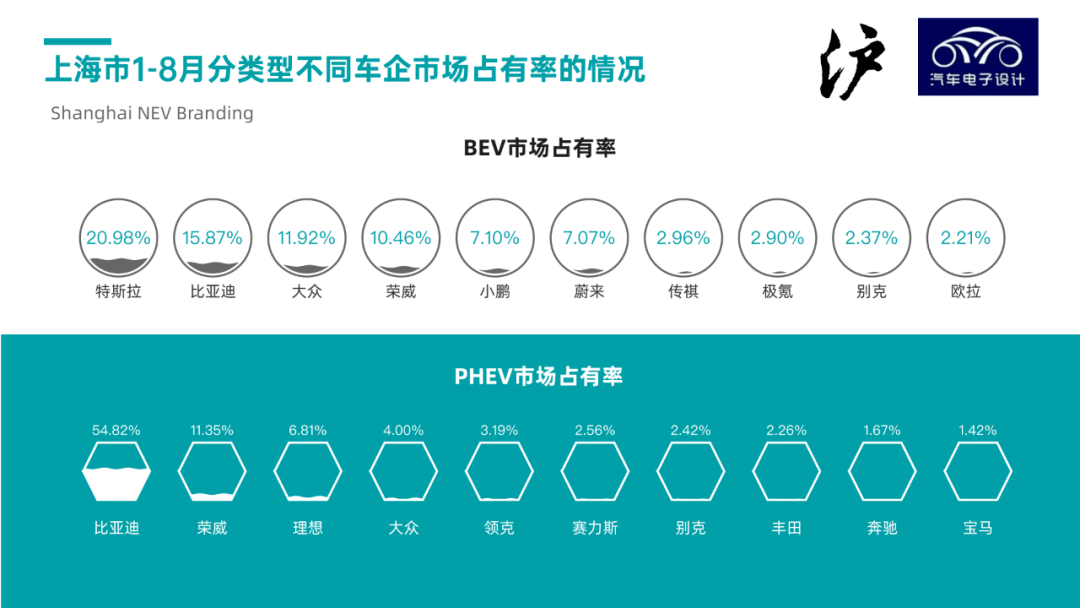
In the long run, Shanghai is actually releasing a signal to all consumers nationwide that plug-in hybrid models will gradually be phased out in new energy on-plate preferential treatments throughout the country, and the next step may very likely be to cancel the purchase subsidies and exemption from purchase tax policies for plug-in hybrid models, thereby accelerating the pace of China’s new energy vehicle market.

In fact, there have been many discussions among automobile industry leaders on whether plug-in hybrid electric vehicles and extended-range electric vehicles can be classified as new energy vehicles.
Former CEO of Volkswagen China, Feng Sihan, commented on extend-range electric vehicles at a media communication meeting: extended-range electric vehicles are the worst solution. Later, Volkswagen technical staff added that the significance of extended-range electric vehicles is not significant and the discussion about this technology is already outdated.However, in the last quarter of 2022, range-extended electric vehicles, once undervalued by the public, have become a mainstream choice in the new energy vehicle market, represented by Ideal Auto, whose sales of a single vehicle model have exceeded ten thousand. Meanwhile, the monthly sales of the BYD DM series have also surpassed 100,000 vehicles. The consumers’ choice has demonstrated the necessity of both range-extended and plug-in hybrid vehicles.
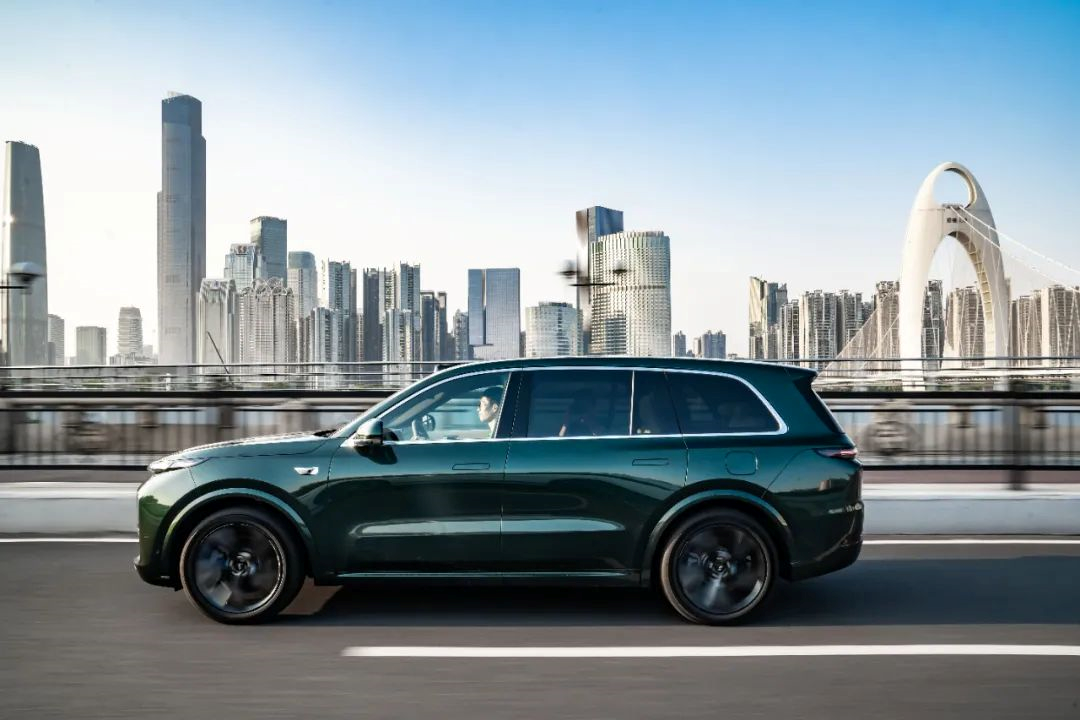
After seeing Ideal Auto and BYD become dark horses in the market, Feng Sihan withdrew his previous strong opinion and stated that range-extended and plug-in hybrid vehicles are transitional technologies.
Well, it is undeniable that range-extended and plug-in hybrid vehicles are transitional technologies. Moreover, currently, the vehicle manufacturers focusing on range-extended and plug-in hybrid vehicles have not stated that internal combustion engines are the ultimate goal of new energy vehicles…
Anyway, what we cannot deny is that new energy vehicles equipped with internal combustion engines have indeed solved the problem of mileage anxiety for users, especially before pure electric vehicles and energy supplement are matured. For many consumers, plug-in hybrid models are a good transitional solution.
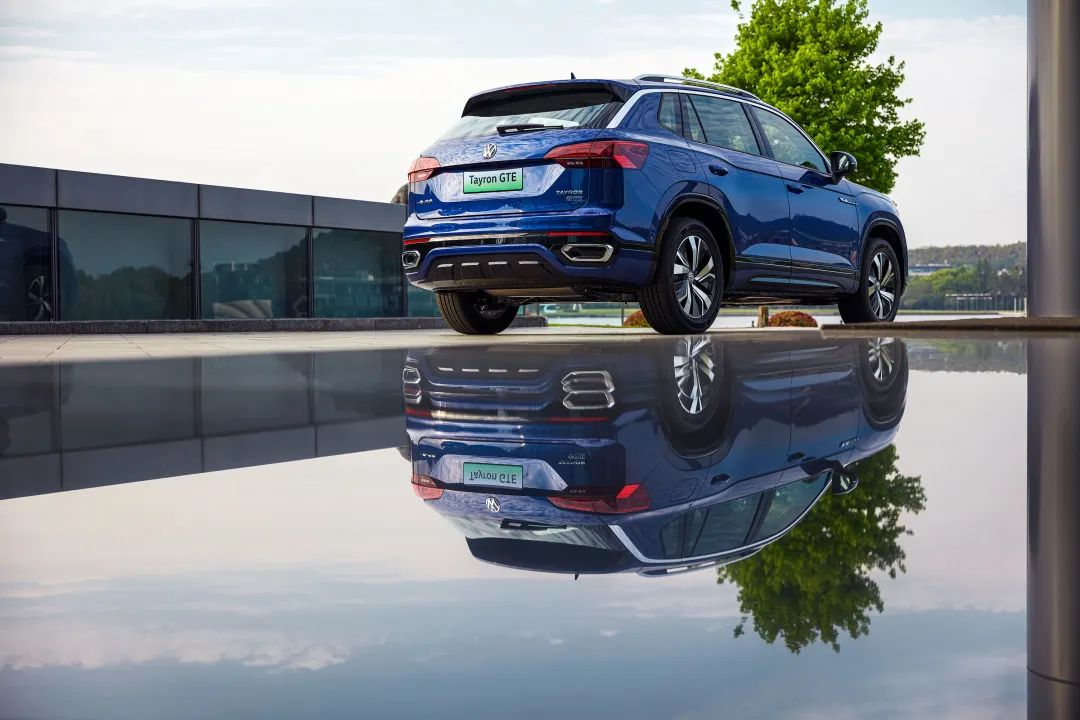
Generally speaking, the removal of plug-in hybrid and range-extended electric vehicles from the “new energy vehicles” series by the Shanghai municipal government will undoubtedly accelerate the development of pure electric vehicles by vehicle manufacturers. However, if plug-in hybrid models and range-extended electric vehicles are sentenced to “death” before the trend of pure electric vehicles and energy supplement matured, it may be premature for consumers.
Because the policy adjustment by the Shanghai municipal government this time not only intervenes in the development process of new energy vehicles but also has a certain impact on both the new and used car markets. While unable to freely choose between the plug-in hybrid and pure electric vehicles, consumers will undoubtedly experience a decline in the market of local used plug-in hybrid vehicles in Shanghai.
It is hoped that the local government can introduce corresponding “preferential” policies for plug-in hybrid power vehicles, and gradually tighten the preferential treatment of these types of new energy vehicles in the future, after all, compared with traditional fuel cars, plug-in electric cars are relatively energy-saving.
This article is a translation by ChatGPT of a Chinese report from 42HOW. If you have any questions about it, please email bd@42how.com.
